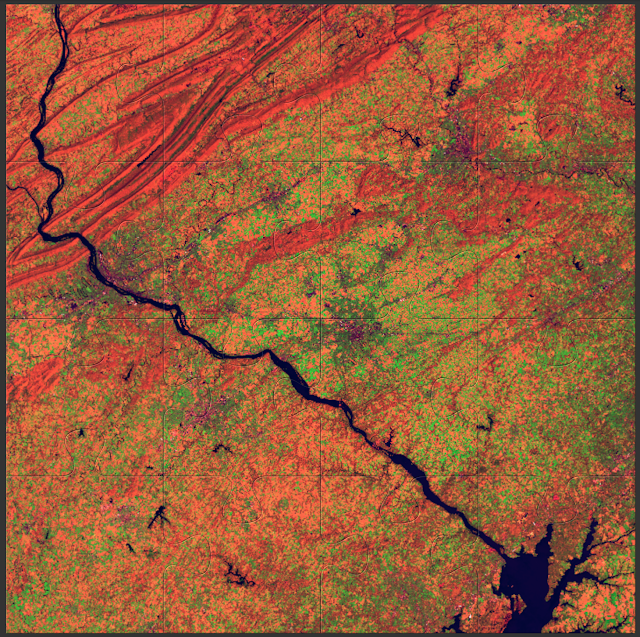To answer interesting questions, you need data. You begin with an observation that you want to understand including anecdotal observations. For example, a certain website layout attracts more visitors to our web page than a different website layout. From your observations, you generate explanations or theories of those observations, from which you can make predictions or hypothesis. To test your hypothesis or predictions, you need data. So you collect relevant data (and to do that you need to identify things that can be measured) and then you analyze those data. The analysis of your data may support your theory or give you cause to modify the theory. As such, the processes of data collection and analysis and generating theories are intrinsically linked: theories lead to data collection / analysis and data collection / analysis informs theories. The research process is summarized below: (adapted from Discovering Statistics using R by Andy Field e...


